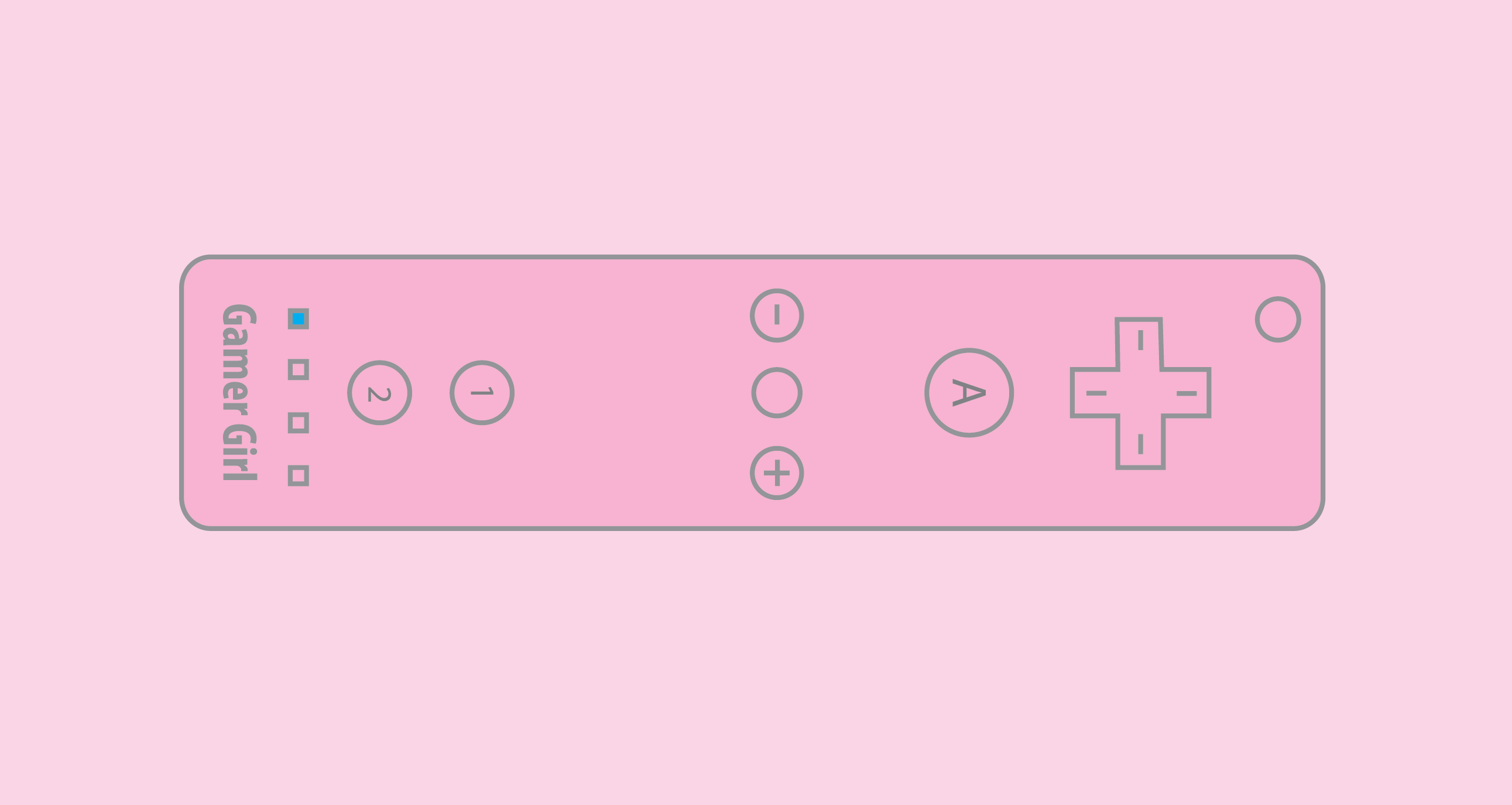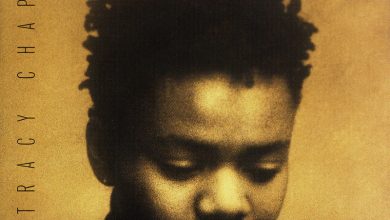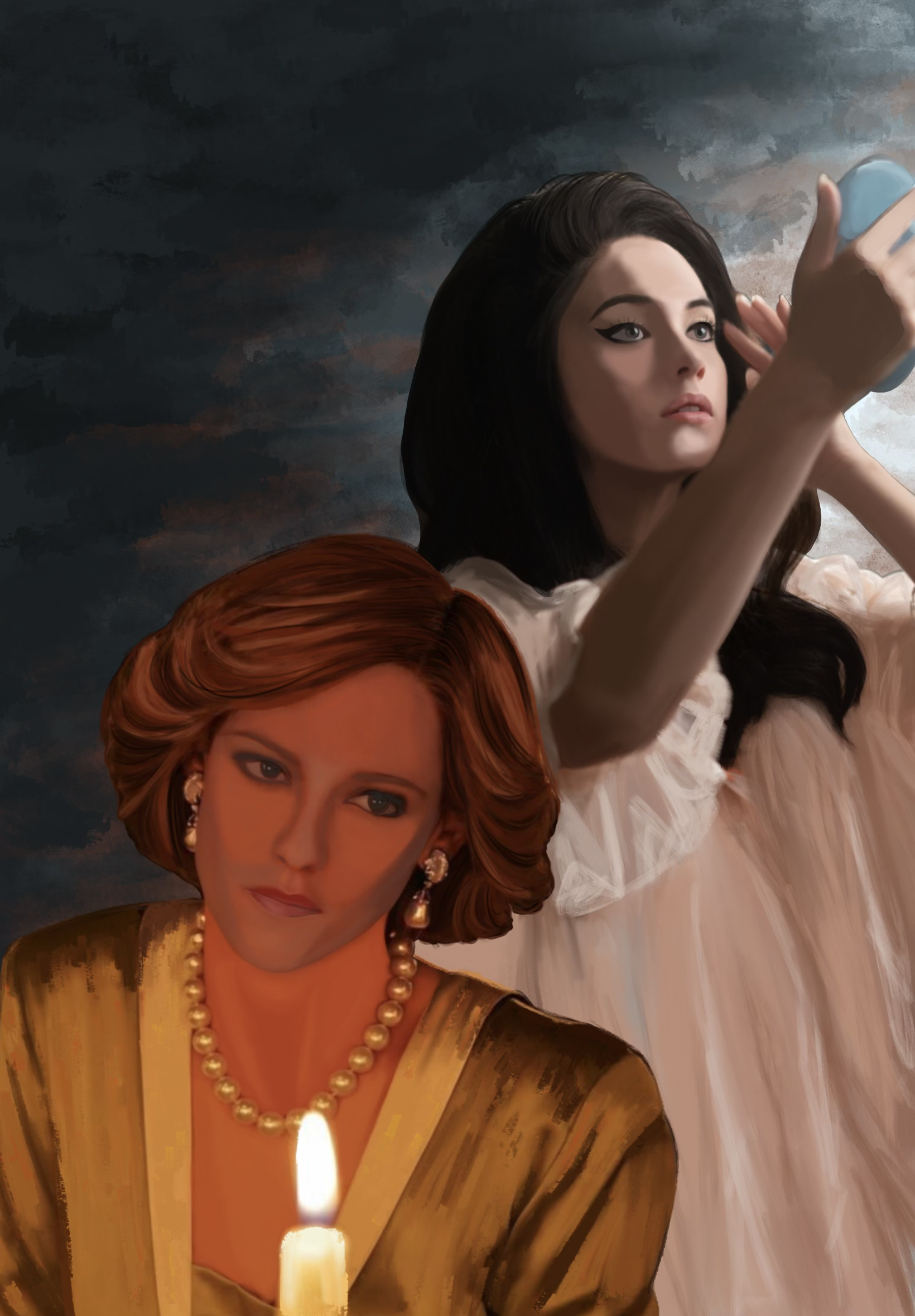Gamer Girl Shaming

Rather than calling every person a gamer, the term “gamer girl” was established as a separate classification. Amongst the different definitions, the Internet portrays a “gamer girl” as two different categories: desperate women or mary sues. As a controversial definition, the term “gamer girl” describes a complicated relationship between women and videogames. Stereotypes regarding women and video games formed as a result of the complications between men and women, which causes the gender gap in video games to grow further apart.
According to Urban Dictionary, a “gamer girl” entitles a “The best girl for any guy, even the one’s who aren’t big gamers. She’s not high maintenance, she’s happy just sittin at home with you teamin up and playin some Call of Duty together. The best part is that she won’t get mad at you for playing games too long.”
Rewind and repeat: “The best girl for any guy.”
So does that mean that video games give you brownie points? Something about this definition does not seem right. Despite not having acknowledged qualifications as a dictionary source, Urban Dictionary provides social definitions for most web jargon. Meaning that socially, gamers constructed a category for women who play video games. Gamers create a category which places pressure on women to act desirable. In this case, docile and not “high maintenance.” Gaming society developed this term in order to create a disparity between gamers based on their gender, which defines a status as a gamer.
As a gamer, gaming society believes women try to defy a gendered binary by participating in a hobby that usually target men.
According to sites like Reddit, Facebook, and many other social media sites, a “gamer girl” exhibits a rare desire to play video games. Through pictures, memes, and videos on reddit, 4chan, and 9gag, women and videogames do not intertwine. If a woman played video games that target male audiences like Halo or Diablo, then male audiences will assume she has inferior skills or just wants attention. However, what people don’t realize is that according to gaming statistics, women make up roughly 45% of gaming sales.
“Of the most frequent game purchasers, 54% are male and 46% are female,” with roughly 58% of the U.S population play video games; the probability of finding women who play video games do not equate rarity at all.
However, statistics cannot stop social constructions and gendered categorization. Despite the awareness of statistics, many social media sites portray women who play video games as a rarity. A gendered category was formed through videogames: the perfect woman.
According to the websites mentioned above, women who play videogames seem virtuous and sexy due to playing a gendered hobby. Despite the seemingly normal description, heterosexual males in gaming communities have gendered a universal hobby.
In other words, women who play video games have been categorized in a myth about desire and sexuality. A female might subconsciously think, “Women who play videogames are desirable, therefore, I must abide in order to seek attention.” Although they might not think that consciously, women grow up knowing that they’re subject to a “male gaze.”
Laura Mulvey’s Male Gaze Theory relates to film’s portrayal of women. In most cases of film, a camera’s perspective of women focuses on heterosexual male’s perception. According to Mulvey, films constantly focus on women while discarding human agency.
Women in audiences then have to watch the film –unknowingly– with a secondary perspective.
Although Mulvey’s theory reflects film, everything she describes correlates with our society’s perception of beauty.
For example, Naomi Wolf’s The Beauty Myth describes how women have a confused perspective on beauty due to a male-dominated construction of sexuality.
In the The Beauty Myth, Laura Mulvey writes,
“This outside-in perspective on their own sexuality leads to the confusion that is at the heart of the myth. Women come to confuse sexual looking with being looked at sexually (“Clairol…it’s the look you want”); many confuse sexually feeling with being sexually felt (“Gillete razors…the way a woman wants to feel”); many confuse desiring with being desirable.”
The social construction of a “gamer girl” is exactly as Wolf explains.

Throughout the Internet, pictures of scantily dressed women playing video games are meant to appeal to male gaming audiences. Sex sells, which explains why women dress in a certain fashion –or without any clothes at all–in order to capture men’s attentions.
A second classification of a “gamer girl” refers to a female obsessively attracting attention by emphasizing her sex.
With Mulvey and Wolf’s reasoning in mind, can you really blame girls for emphasizing their sexuality online when they believe in a superficial, socially constructed perception of beauty? Rather than just feel annoyed at girls who advertise themselves with their bodies online, we should feel a sense of unjust sexism at the idea of women believing sexual advertisement relates to desirability.
However, beauty does not just mean attractiveness. In another kind of categorization, women who do not portray our society’s perception of beauty are placed in a category similar to boys who play video games obsessively: obese and socially inept.
A title of “gamer girl” cannot escape categorization. Like our actions, hobbies have gendered constructions. Even the term “gamer girl” connotates a category. In order to identify a gender, the term “girl” is placed before “gamer.”
Unfortunately, once one establishes the gendered identity of a gamer, one’s actions, speeches, and overall thought towards them changes.
One way or the other, the Internet portrays women who play video games in a negative light. Women should not feel a need to portray fixed characteristics. Instead of embracing a gendered stereotype, women should have the ability to express themselves however they want without worrying about a “Male Gaze.”
We cannot disestablish large problems within our gaming community, however, we can start by redefining what a “gamer” means. Gendered categories that create clear positive and negative value distinctions should not exist within the gamer world.
For more on women in the gaming world, check out the link below!
Anita Sarkeesian: Feminist and Female Gamer



